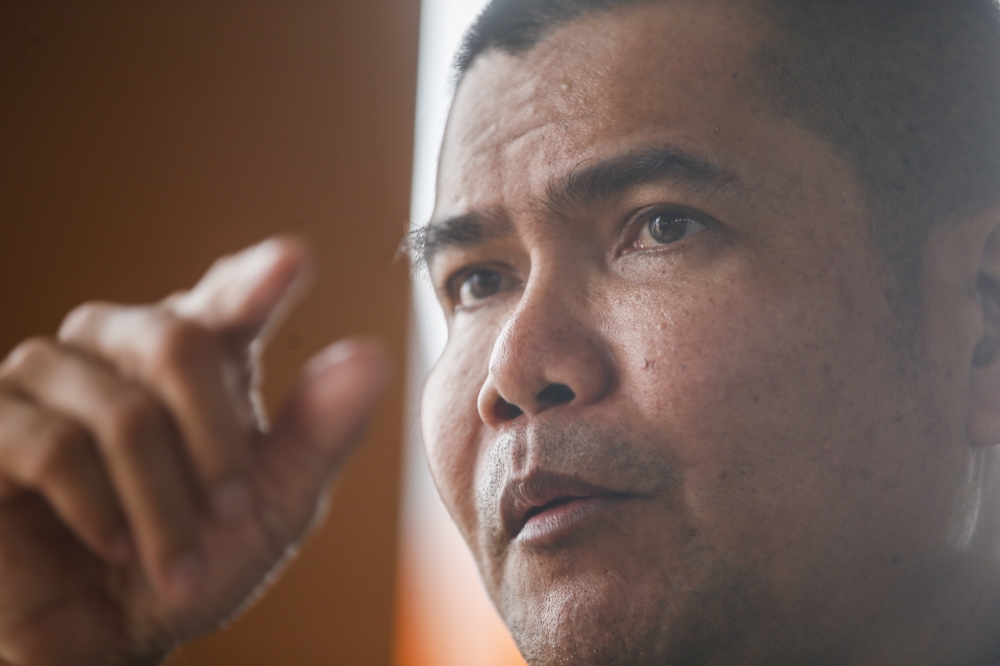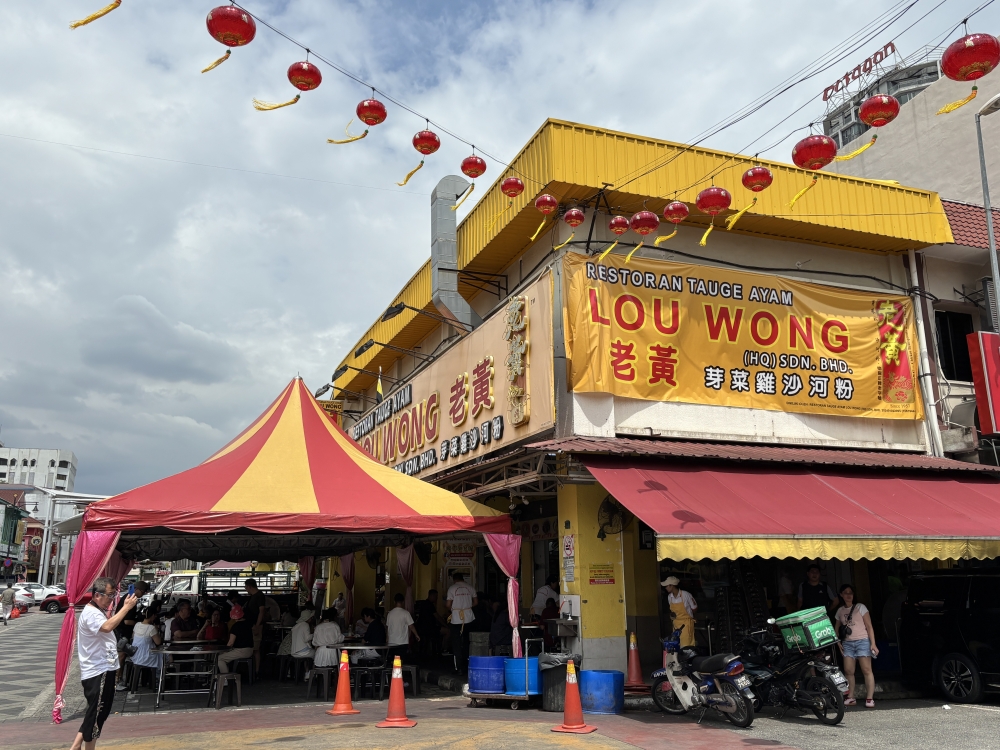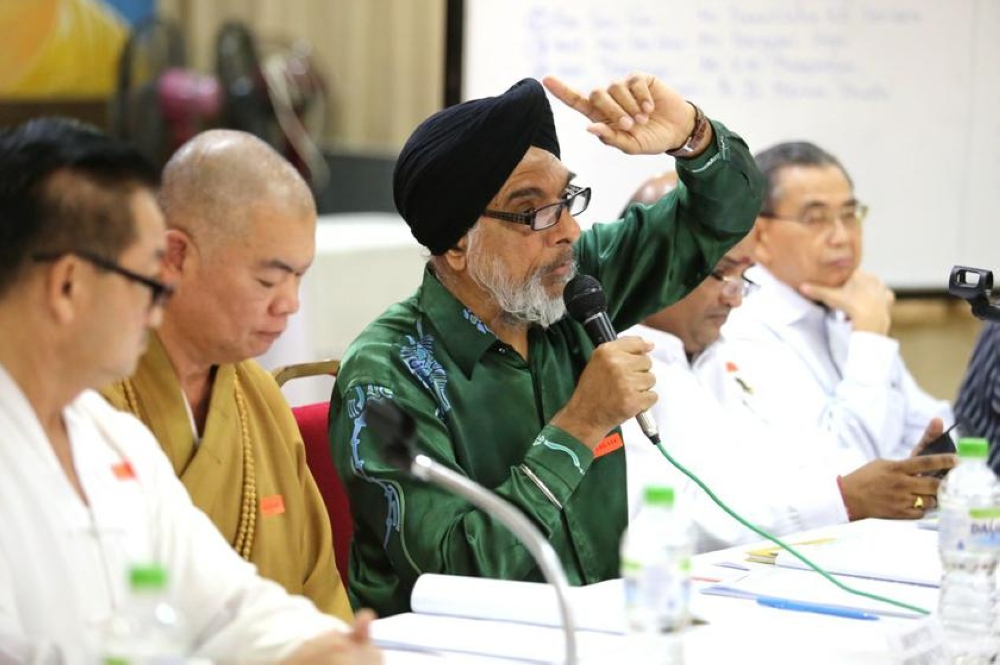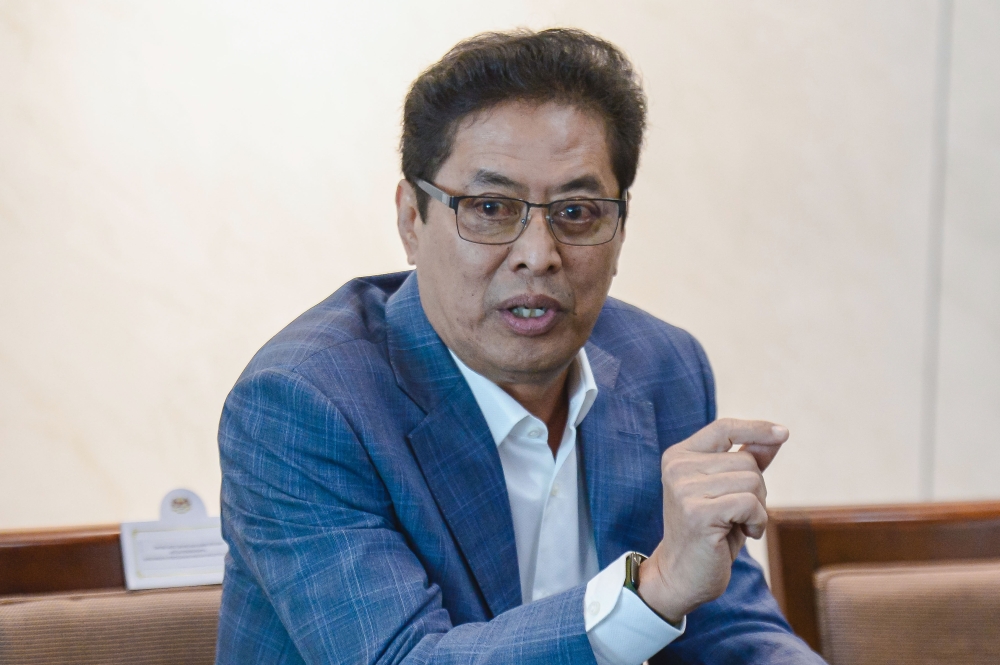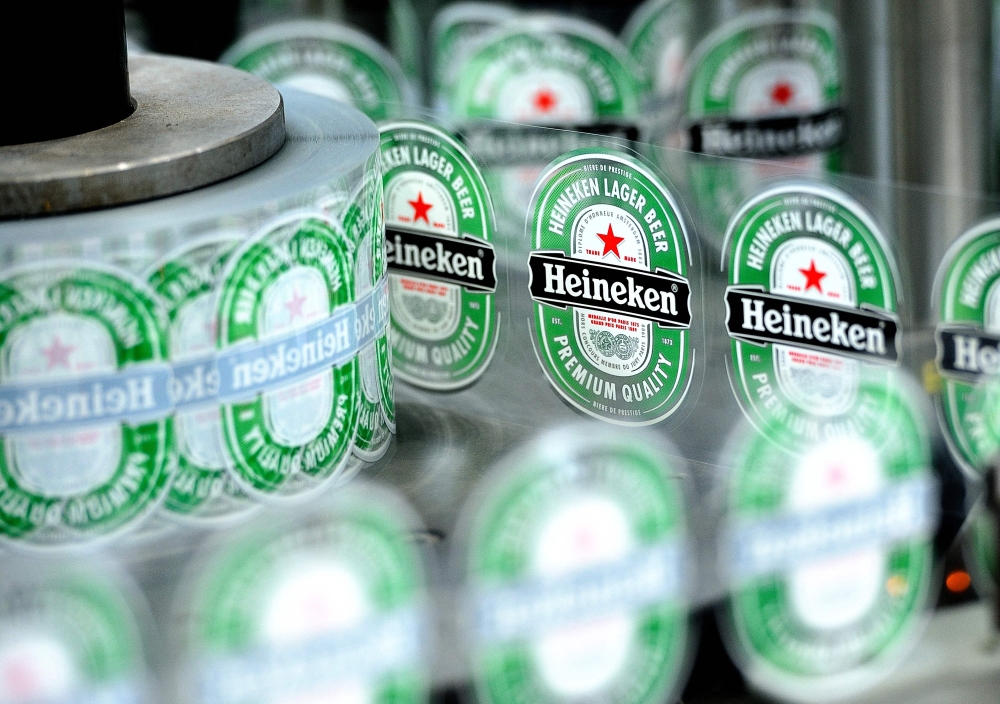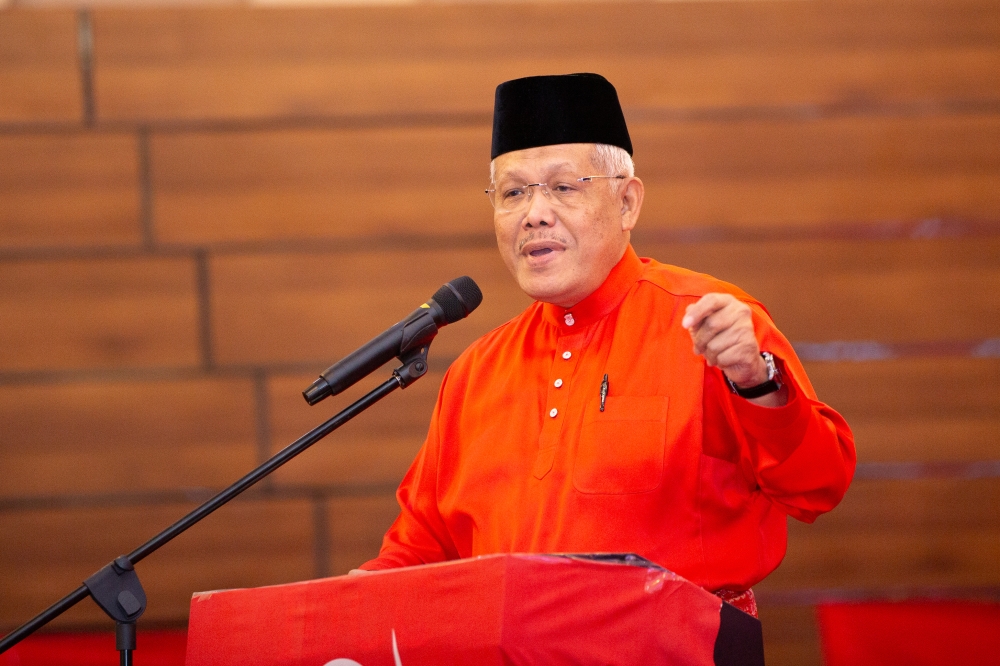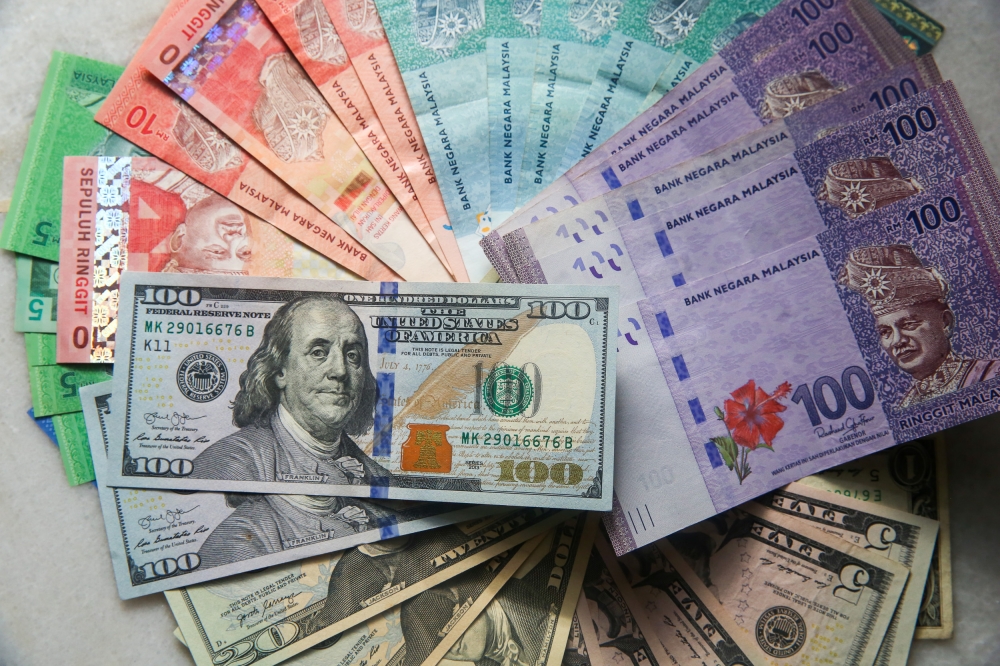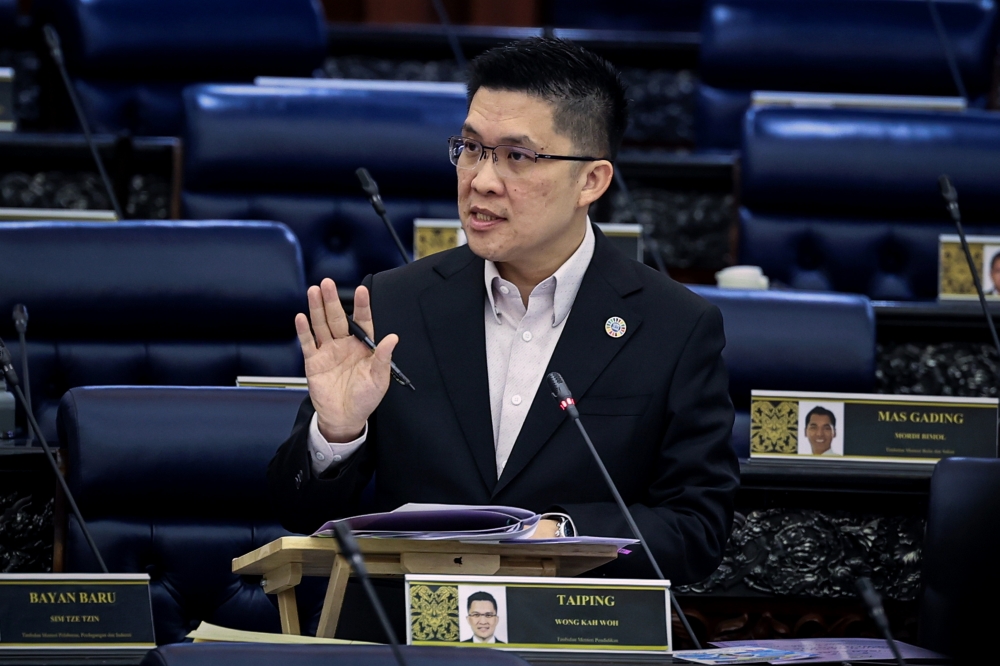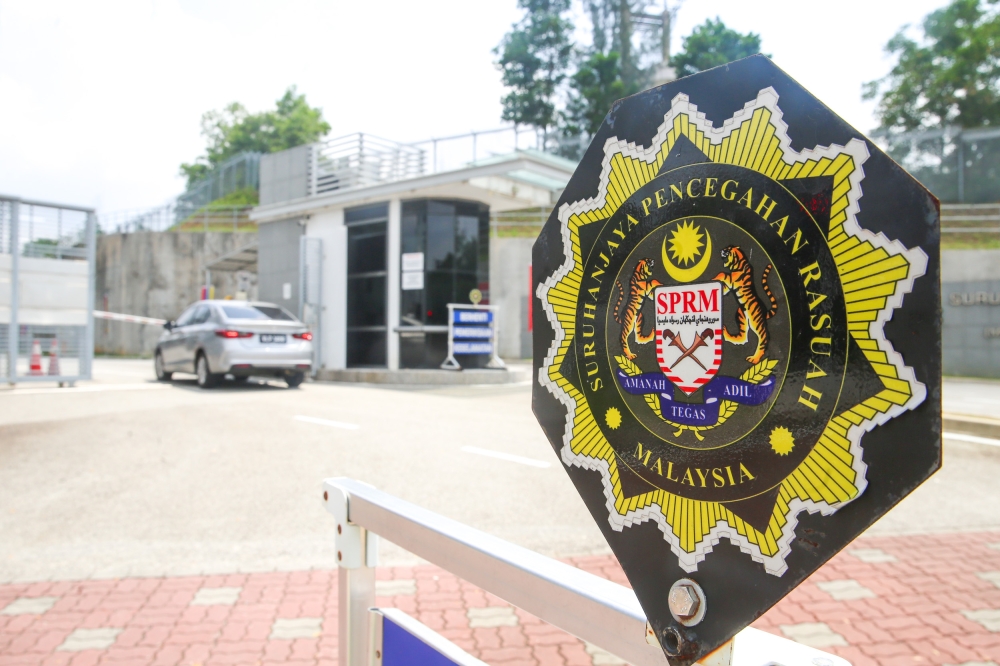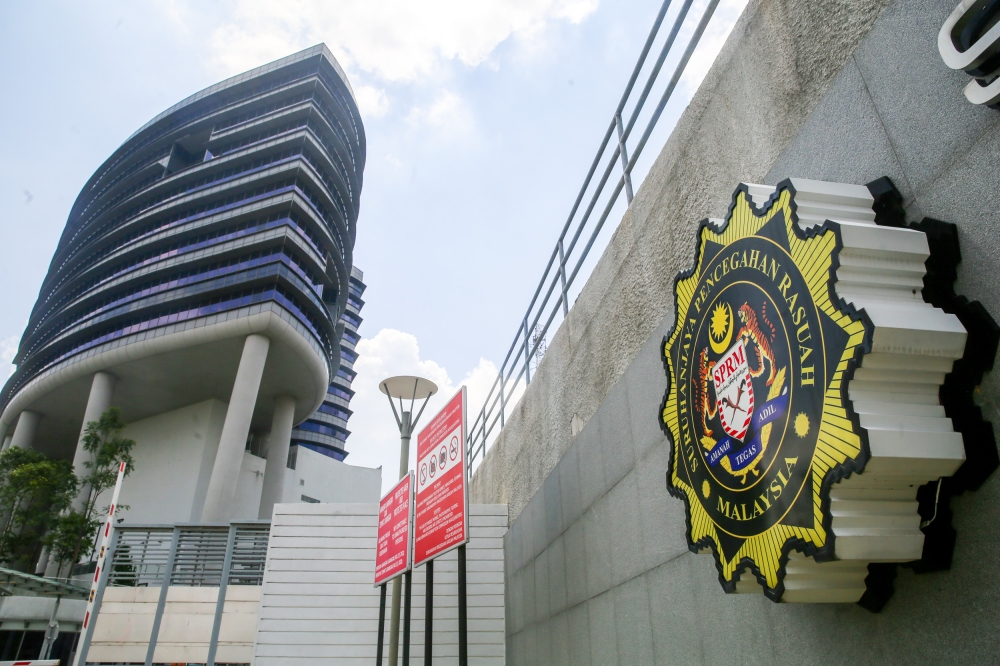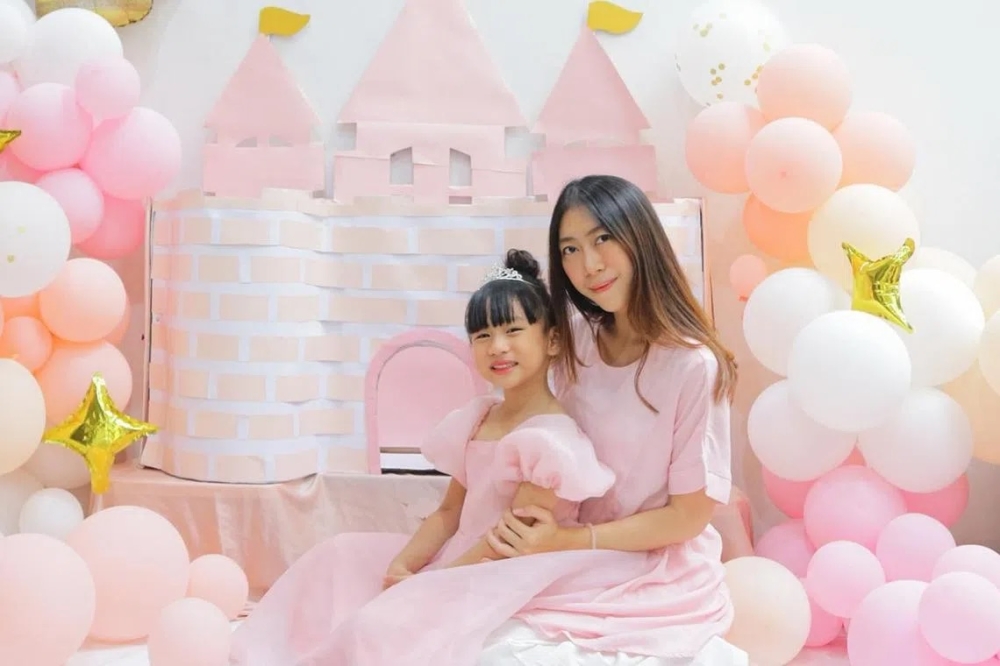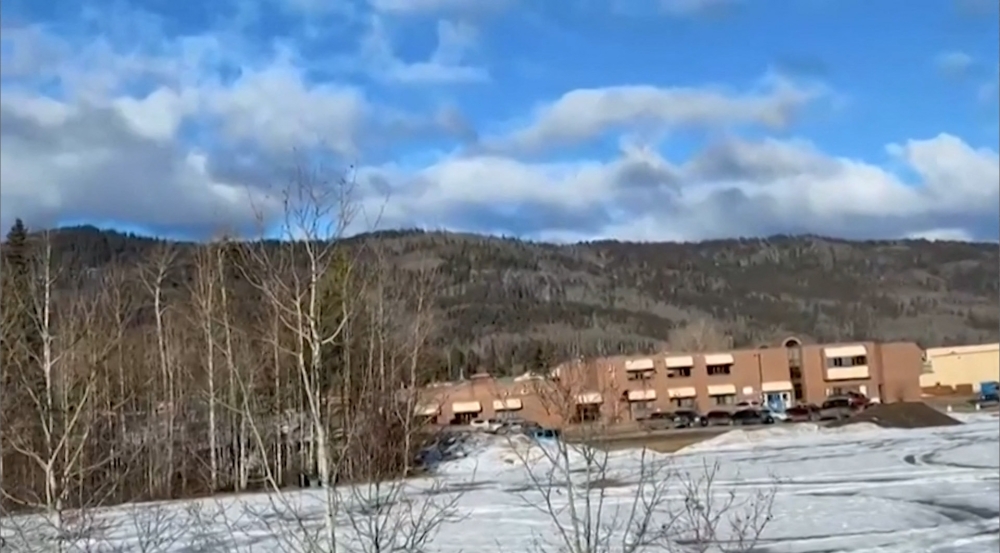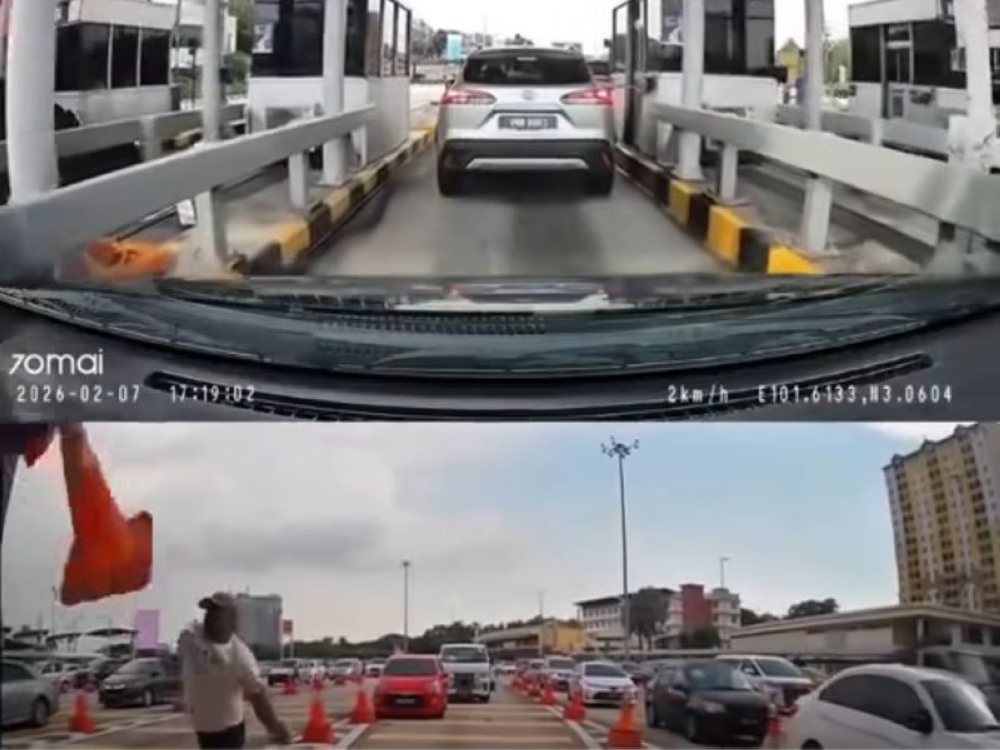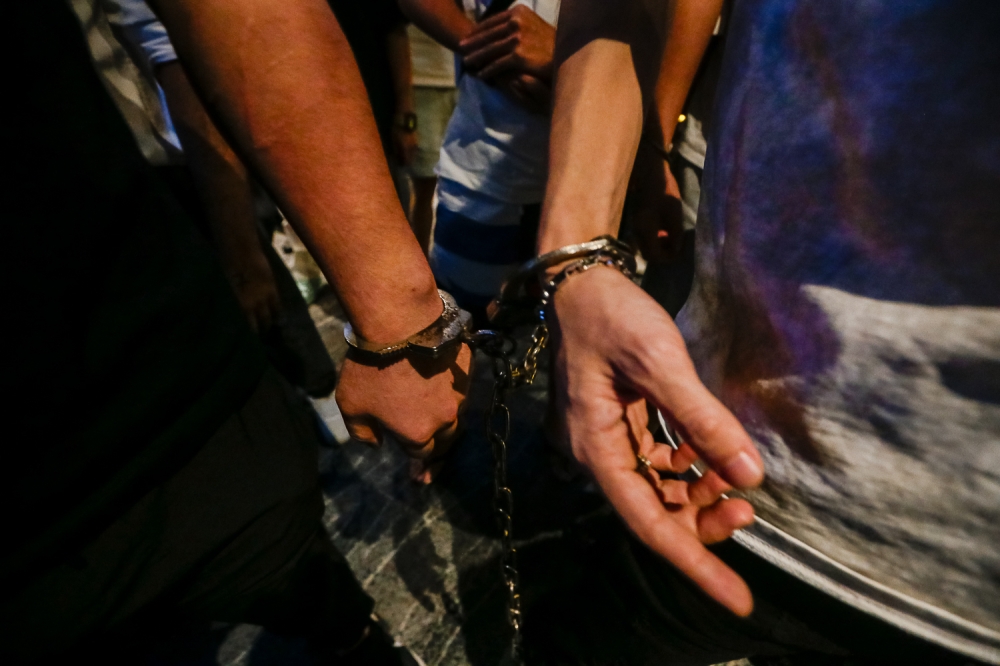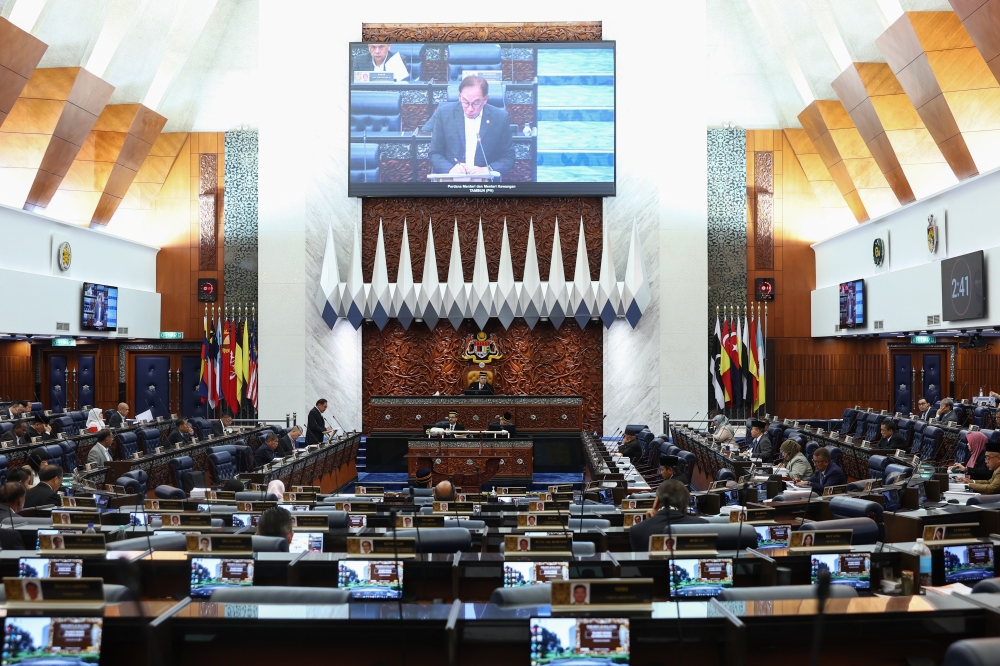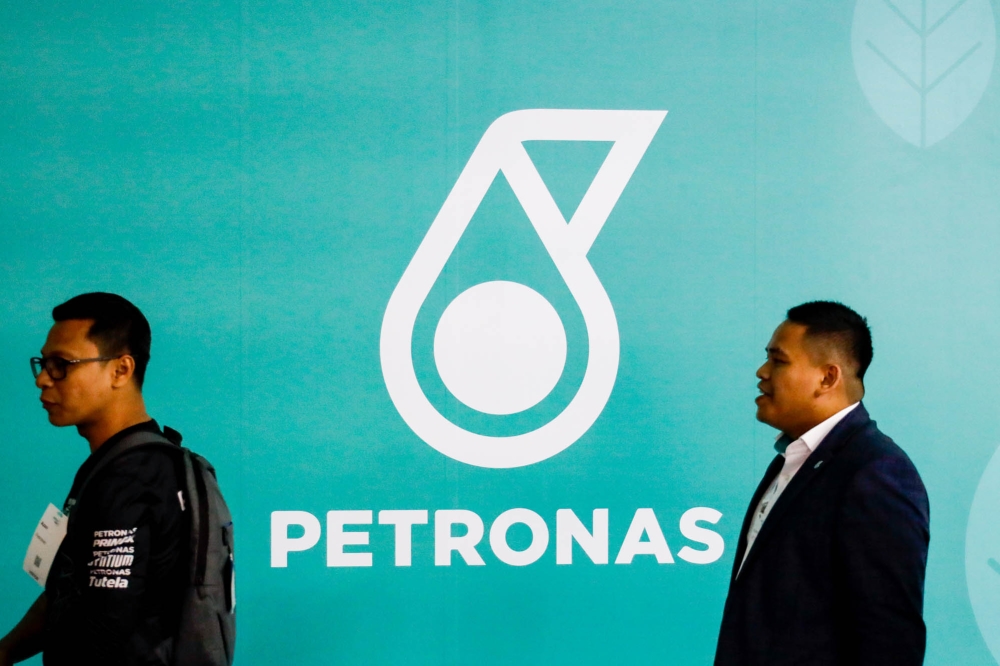KUALA LUMPUR, May 31 — Minister Yeo Bee Yin today has clarified that Australian rare earth refiner Lynas Corp will still have to resolve the issue of radioactive waste produced at its plant in Pahang before it is allowed to continue operations.
Yeo, who is minister of energy, science, technology, environment and climate change, clarified the reported remarks made by Prime Minister Tun Dr Mahathir Mohamad in Japan yesterday regarding the Lynas plant.
Yeo suggested that the reports on Dr Mahathir’s remarks may not have focused on his actual stand on the matter.
“Actually today I saw the (video) clip of Dr Mahathir’s interview, then I realised actually his position is, Lynas has to ship out its waste, his answer was very long, most of the time he was talking about waste, but unexpectedly the focus was blurred, so actually the government is still very concerned about the issue of waste,” she said in an interview during 8TV’s Global Watch programme last night.
In the interview that was conducted in Mandarin, Yeo also revealed that the Cabinet had on Wednesday decided to have her meet with Australian government officials to have face-to-face talks regarding the Lynas issue.
“Yesterday, the Cabinet decided to let me go personally to Australia,” she said, adding that Malaysia is awaiting a response from Australia for the scheduling of meeting date.
Noting that both Australia’s federal and state ministers have the power to issue permits required for the shipping of wastes back to the country, Yeo said she would be meeting with the relevant state minister.
When asked to confirm that the government has yet to decide on allowing Lynas to continue operations in Malaysia, Yeo said: “I think this will have to wait for me to come back from Australia, then only there can be a report and to let the Cabinet to decide.”
“To me, most importantly, the waste issue has to be resolved because everyone’s concern is how the waste issue will be resolved,” she added.
Yesterday, Dr Mahathir was reported as saying that the government will renew Lynas’ operating licence in Malaysia.
In the interview late last night, Yeo also explained the importance of dealing with the waste produced by the Lynas plant in Gebeng, Pahang.
“Now we must work hard to get the waste shipped out, because if the waste is not shipped out, the safer way to deal with it is a permanent disposal facility in a land, after closing it, this land will permanently be unusable.
“Tun Mahathir, when he was in Japan, he also spoke about this, about cracking and leaching, he also spoke about it,” she said.
She noted that Malaysia and China are the only two countries in the world with rare earth refineries due to environmental protection laws elsewhere, highlighting Malaysia’s unique position globally of having a rare earth refinery with materials shipped in.
“So now we also hope to learn from China’s experience, how do they deal with this waste, because it’s not from our country,” she said.
“Outside of China, Malaysia is actually the only one to have rare earth refinery.
“When the previous government agreed, they actually did not think the waste produced would be so much and they agreed,” she said when noting why the previous administration under Barisan Nasional approved the setting up of the Lynas plant in Pahang.
Yeo said that Malaysia would like all rare earth refiners including Lynas to separate their refining process, with the process that produces radioactive waste to be first done in their home country.
“The first process is cracking and leaching, that should be done at the mining place and the radioactive waste be kept at the mine. And the intermediate, the clean one, can be shipped here to be refined, that way, the waste produced by all refinery plants in Malaysia won’t be this. This is something we must have as a condition,” she said.
When asked again if there would still be possible changes in the matter of Lynas’ operating licence renewal, Yeo said: “If they want to renew their licence, they must quickly solve the problem, they must ensure their future refining will not have radioactive materials.”


